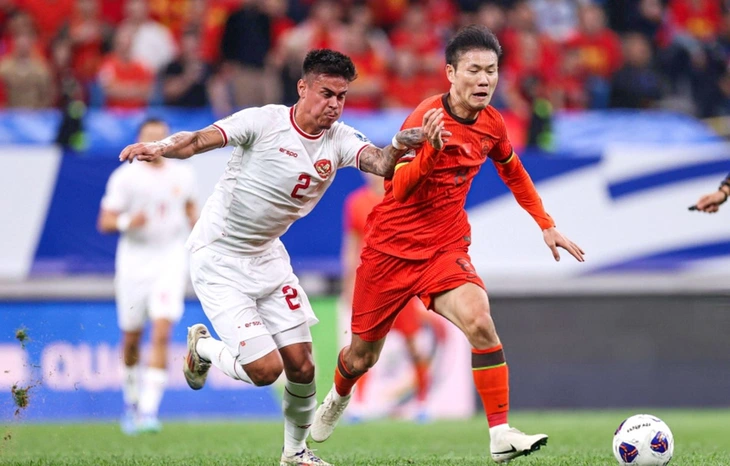
Indonesia (left) competes with China for a ticket to the World Cup - Photo: CN
The 2050 dream was shattered from the start.
"Since the time of coach Marcelo Lippi, I have never seen the level of naturalized players. Scoring goals against small teams is not a big deal, we need them for big matches," Li Weifeng, a Chinese football legend, once criticized the Chinese Football Association's (CFA) policy of naturalizing players.
The statement was made after China failed in their bid to qualify for the 2022 World Cup. That was when their squad still included Elkeson, Aloisio, Alan and Ricardo Goulart.
What all four stars have in common is that they are all Brazilian, and have no Chinese roots. They were naturalized between 2018 and 2020, following a long-term plan that dates back to around 2013.
That was the time when China Super League (CSL) clubs - the Chinese championship - massively imported foreign stars.
The football world must still vaguely remember China's plan to win the World Cup in 2050, divided into 3 main stages, starting 10 years ago. And the policy of relying on foreign stars was in the first stage, the goal to help Chinese football achieve short-term success, which is a ticket to the World Cup in 2018 or 2022.
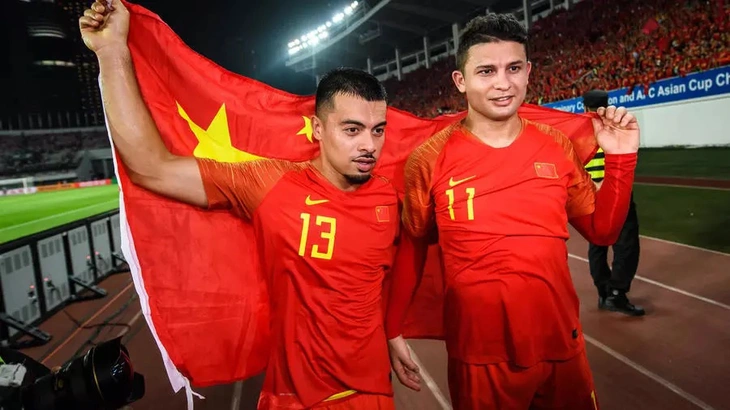
Elkeson (right) has never shone for the Chinese team - Photo: CN
In the end, the first step of this grand plan completely collapsed. China failed in its campaign to hunt for tickets to the 2018 and 2022 World Cups. The CSL model of football full of foreign stars also collapsed, and naturalized stars left the team in droves.
Or to be more precise, the CFA has agreed to end the naturalization policy. All of the above Brazilian names will not be called up to the Chinese national team from the beginning of 2025.
Money problems
But let's not criticize the naturalization policy. In the era of globalized football, naturalization is something that even football nations that always promote tradition, such as Japan, Germany, and Spain, find difficult to avoid.
For football in low-lying regions like Indonesia or China, naturalization is a way to bring them closer to short-term goals.
Don't laugh at short-term goals either. More than 20 years ago, South Korea and Japan rose to prominence thanks to their success in the 2002 World Cup they hosted.
As previously stated by the leaders of the Indonesian Football Association (PSSI), they only see naturalization as a short-term strategy. Short-term success is needed to lay the foundation for a long-term strategy.
And when Indonesia began its mass naturalization campaign two years ago, it learned a lesson. It was China.
The way China does it - attracting foreign stars to play in their league, then waiting five years to naturalize them according to FIFA regulations - is completely unsuitable for Indonesia.
Why? Simply, because the Indonesian league system cannot be compared to the money-rich CSL.
Even with millions of dollars in salaries, CSL cannot bring A-list Brazilian stars to the Chinese team.
Oscar and Hulk are A-list stars, but they have played for Brazil before.
Another example is Alex Teixeira, the Brazilian star who Jiangsu Suning paid $60 million to bring from Shakhtar Donetsk. Compared to Oscar, Teixeira is only considered a "B-class" Brazilian star, and has played in China for five years.
But Teixeira still did not choose to become a Chinese citizen. In other words, Teixeira asked for too much, even though he received a salary of around 10 million USD during his 5 years with Jiangsu Suning.
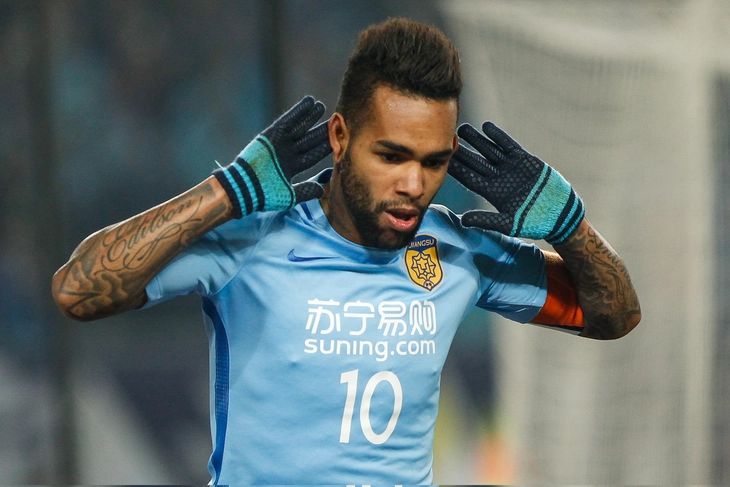
Costing China more than a hundred million USD but Teixeira still did not become a citizen - Photo: SN
Just a B-list star like Teixeira has cost China more than a hundred million USD in 5 years. To naturalize him, a team or sponsor will have to continue to bear the cost of another hundred million USD in the next 5 years.
And how many Teixeiras would it take for China to own an entire "Brazil B" team like that? Billions of dollars. It's absurd for a football game.
And so, CFA had to choose "Brazilian type C" options like Elkeson, like Alan... But it also couldn't naturalize too many.
Compared to Teixeira, Elkeson was paid half as much at Shanghai SIPG, and now his salary at Chengdu Rongcheng is only $1.5 million/year. The salaries of the remaining players are much lower.
The quality is the result. Not to mention, China cannot naturalize too many people, for the sake of the prestige of a superpower with a population of one billion people.
Lessons for football teams that want to naturalize
China’s failure is a reminder for low-lying football nations that want to follow the naturalization policy. And for Indonesia, their country’s context and history further support another option, which is to seek out overseas players.
With this option, PSSI or other sponsors of Indonesian football do not have to spend too much money to build a naturalized team.
Of course there are expenses, involving flights, negotiations, travel, and possibly kickbacks or endorsements. But it certainly won’t be a figure as high as Teixeira’s in the hundreds of millions.
Are Indonesia's current Dutch stars better than China's Brazilian naturalized players of yesteryear?
Not necessarily. There are some stars like Audero, Kevin Diks, Ivar Jenner who are playing for famous clubs in Europe, but have not proven themselves much.
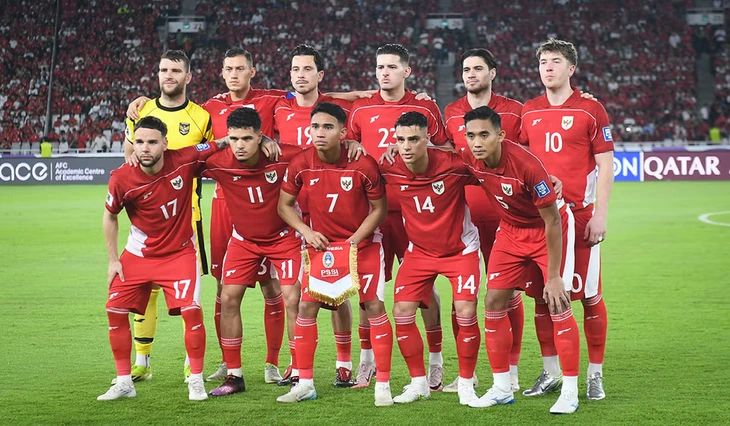
Indonesia can now field a team of all naturalized players - Photo: PSSI
But they have two strengths over the old Chinese Brazilian generation. The first is... numbers.
In the Indonesian team at the moment, it is difficult to find a few native players. And almost all of the naturalized players are of Dutch origin (about 13-15 people). Not to mention, their head coach at the moment is also a former Dutch player, Mr. Patrick Kluivert.
With the majority of naturalized players, the Indonesian team no longer had problems with integration and adaptation. The Dutch stars understood each other in terms of playing style, running steps, and even the language used in the dressing room.
That strength is something that the occasional naturalized Brazilian star like Elkeson doesn't have in China.
And the second strength is that these players are still pursuing their dream of a career in Europe. They did not choose to wear the Indonesian shirt for money, but only for the dream of playing international football (it is too difficult to be called up to the Dutch national team).
Ou Chuliang, a former famous goalkeeper and former goalkeeper coach of the Chinese national team, lamented the lack of professionalism of naturalized stars. According to him, these stars gain weight and lose their form after vacation due to their unbalanced lifestyle.
It is understandable that people run after money. By choosing CSL, players like Elkeson also no longer have any significant ideals in the top football village.
But for Audero, Diks or Jenner, their passion is still burning in Europe. And on the occasion of national team gatherings, they have more opportunities to prove themselves.
Indonesia, therefore, has the strength and ambition of a "Netherlands B", compared to China's "Brazil C" of the past. The match between Indonesia and China in the framework of the 9th match of the third qualifying round of the 2026 World Cup in Asia will take place at 8:45 p.m. tonight, June 5.
Source: https://tuoitre.vn/indonesia-dau-trung-quoc-ha-lan-loai-b-tot-hon-brazil-loai-c-20250604204129773.htm


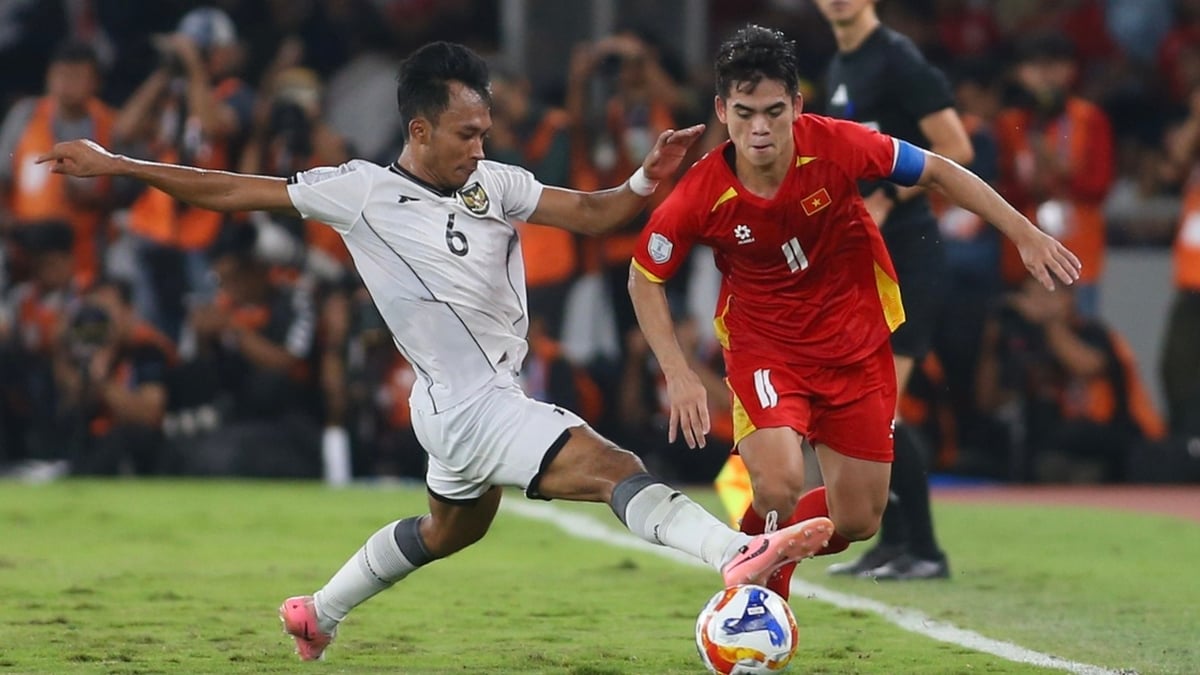

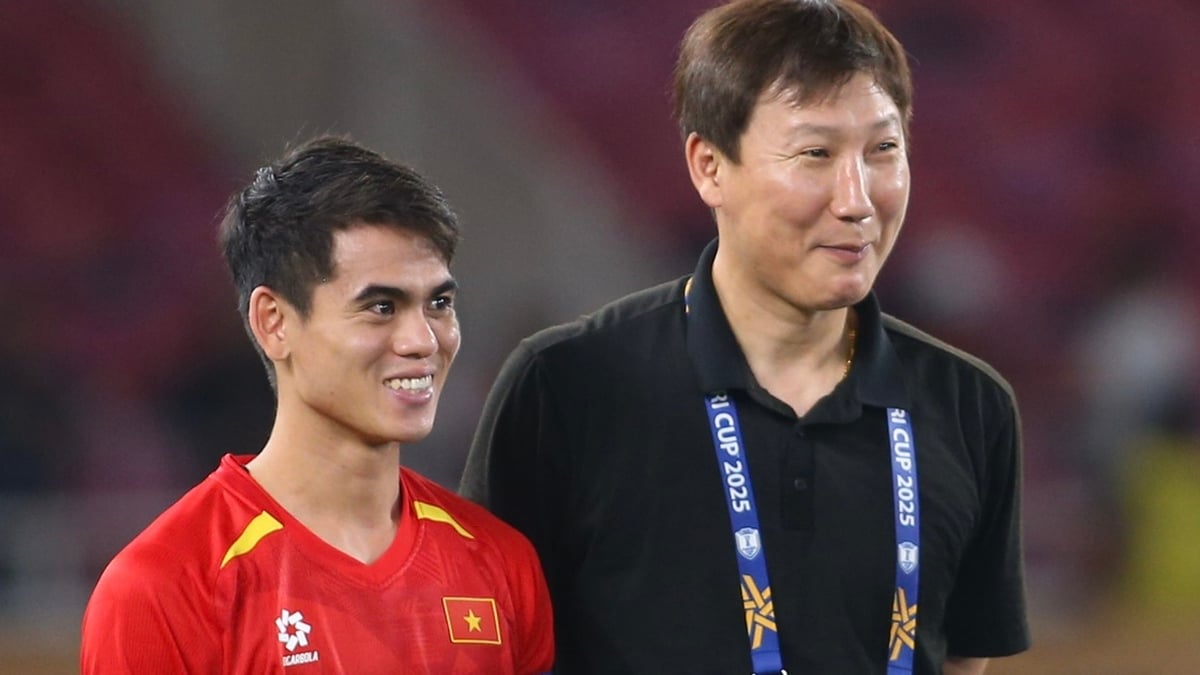

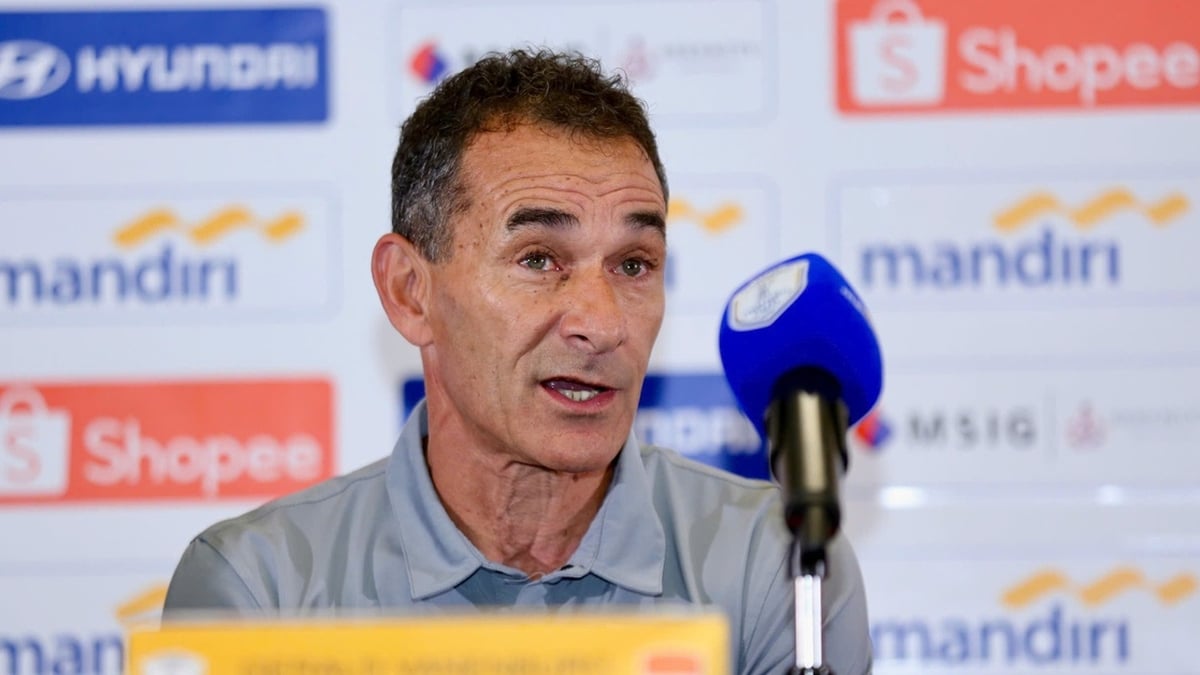
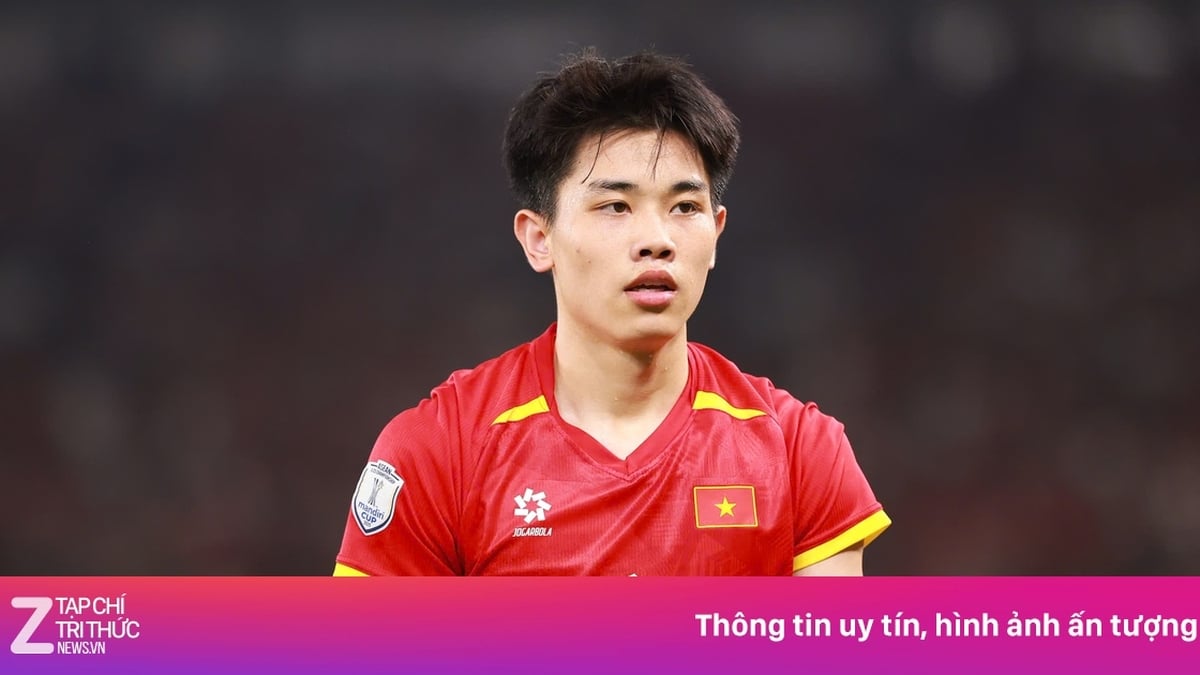
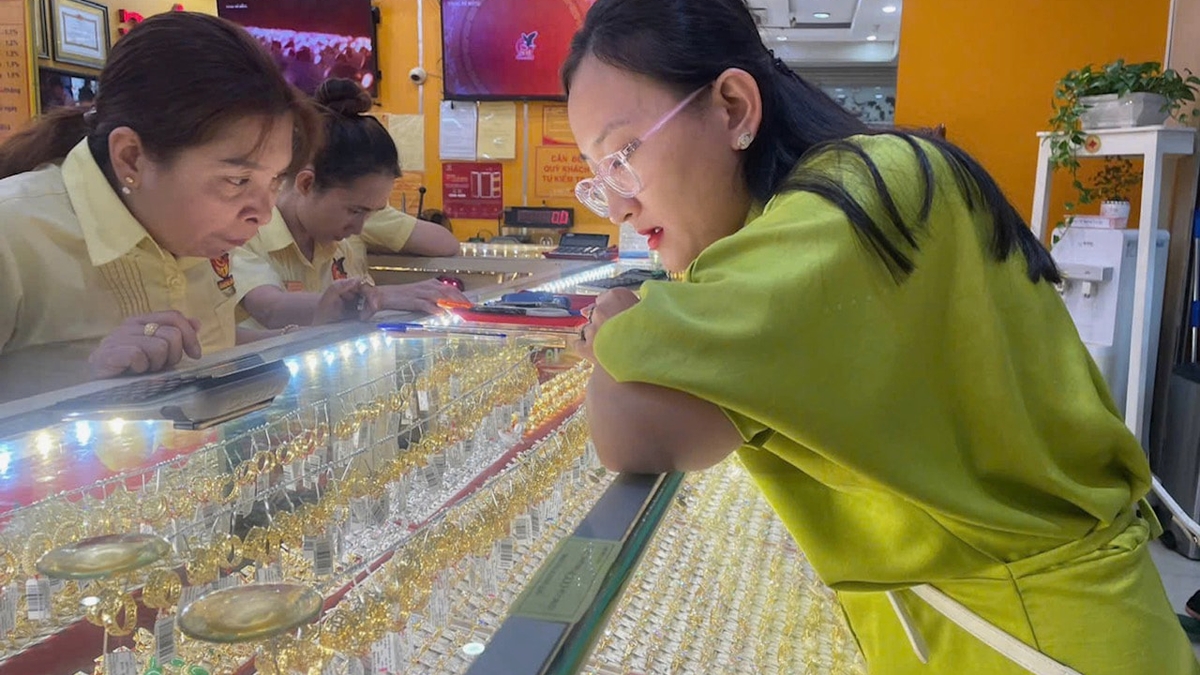
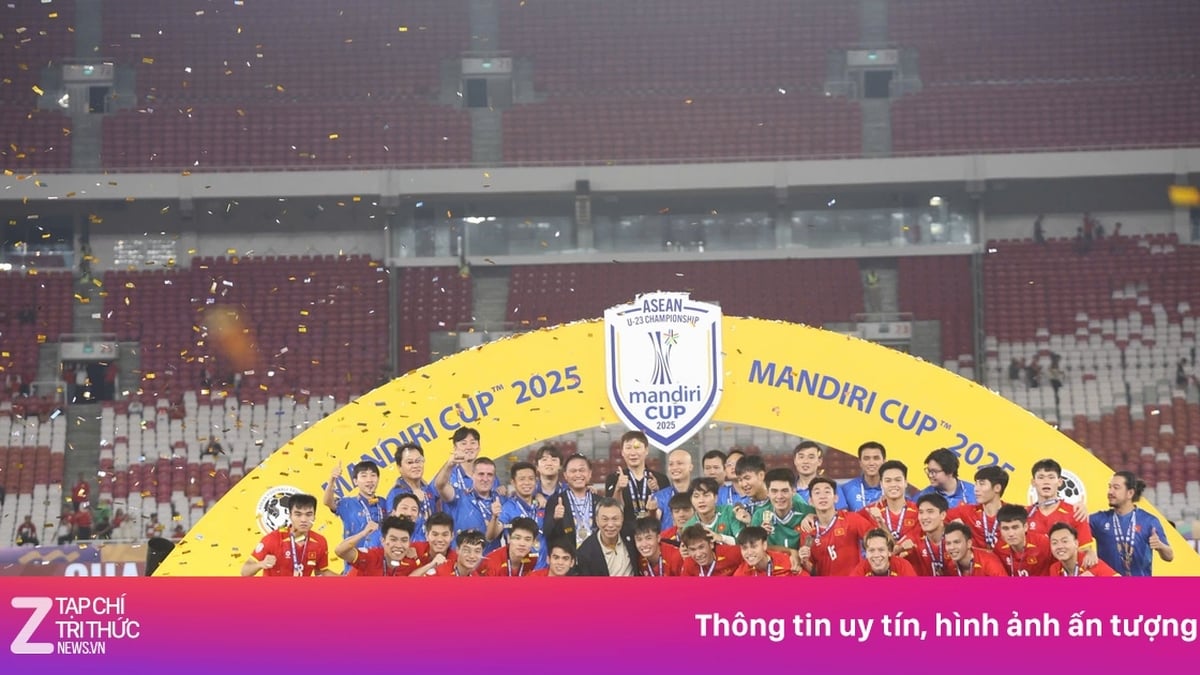

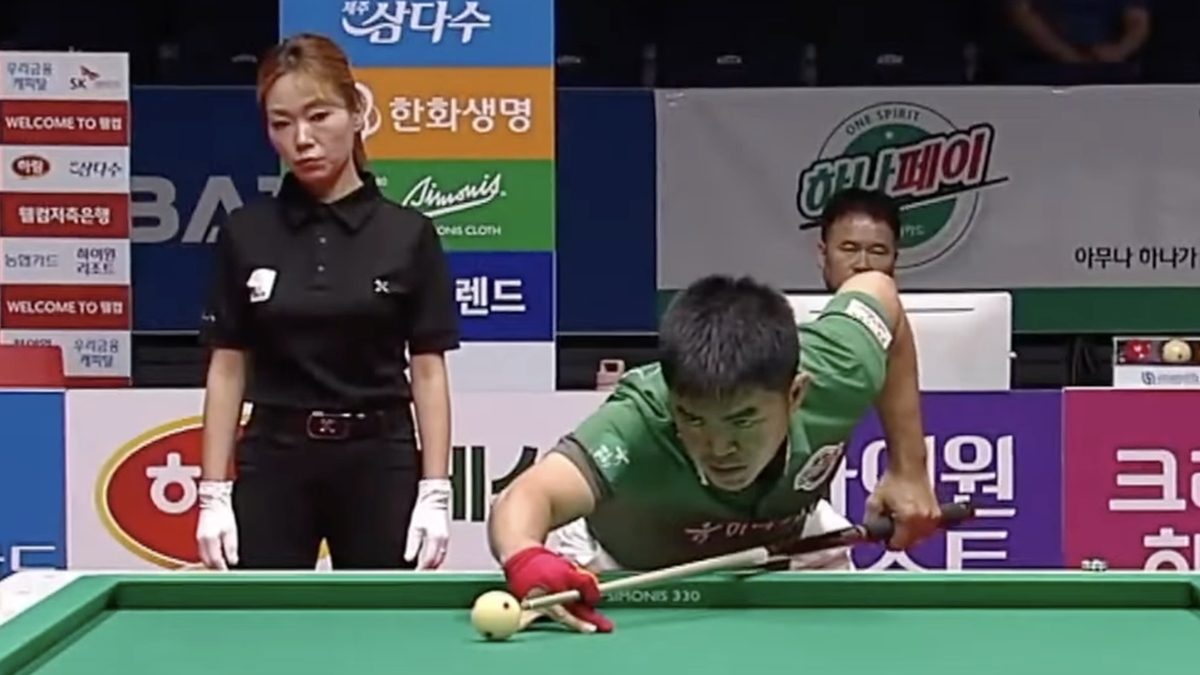



















![[Photo] National Assembly Chairman attends the seminar "Building and operating an international financial center and recommendations for Vietnam"](https://vphoto.vietnam.vn/thumb/1200x675/vietnam/resource/IMAGE/2025/7/28/76393436936e457db31ec84433289f72)
























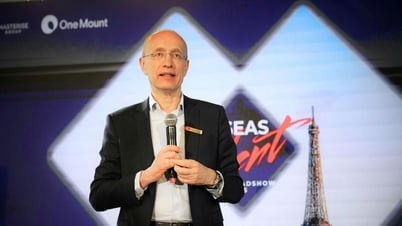


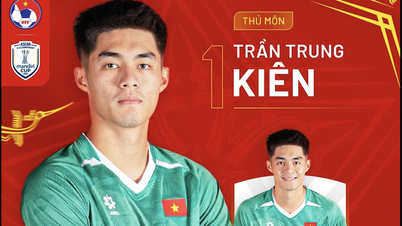

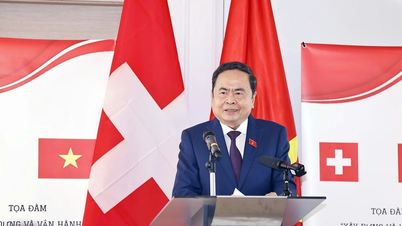


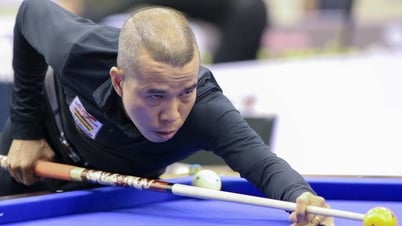
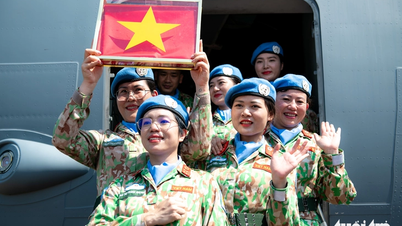


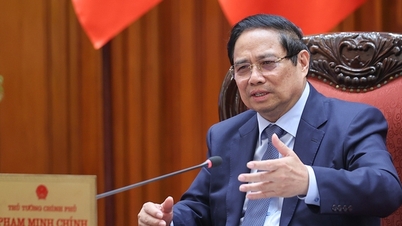


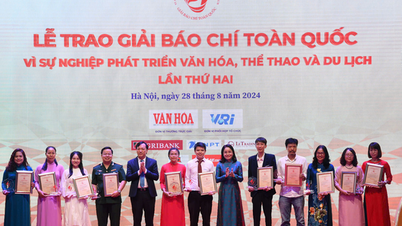
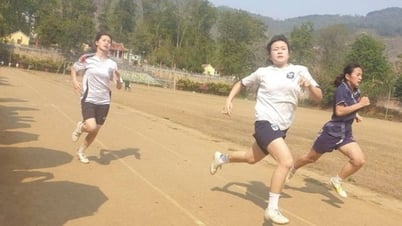

























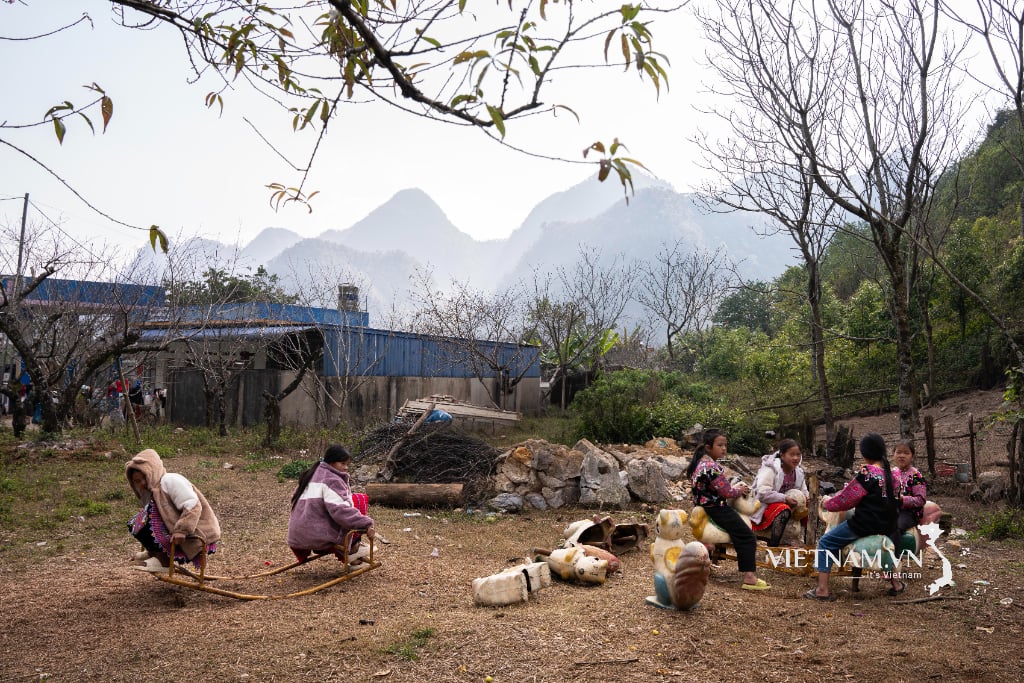
Comment (0)